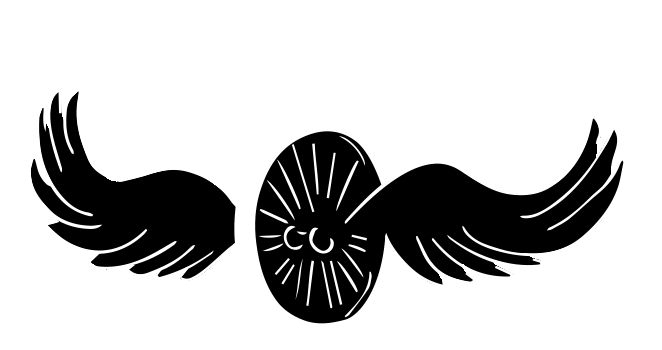ON THE SUBJECT OF GIANT BEINGS
- Mar 26, 2021
- 3 min read
Updated: Mar 29, 2021

On the Subject of Giant Beings is Zilcho Hamblin’s debut poetry collection, illustrated by Portuguese painter Diogo Gama and designed by multi-disciplinary artist Daisy Tortuga.
Written over a four-year period while Zilcho worked as a poet and sound artist living in Hackney Wick, the collection is partly an insight into the life of a young artist. In these poems, the mythic and the modern flow in and out of each other, seamlessly blending the personal, the political and the spiritual. They are anarchic and iconoclastic, visceral and transcendental, sharp and dreamlike. There is also humour and magic in the beautifully inked illustrations.

I read On the Subject of Giant Beings during lockdown, in the midst of a pandemic, in Brexit-era Britain, awash with fake news, post-truth politics and the barbarism of Boris Johnson. This poetry speaks to us when we feel trapped in our own fleshy meat suits, reminding us that there is beauty in the world, that we can create it. And there is so much beauty in Zilcho’s writing, especially in the final lines, which stayed in my mind long after reading: ‘I have created in love, hate, despair / And soon I will die / Although it will probably take a lifetime.’
The foreword by Conrad Armstrong presents us with a framework for reading the collection: a story of the Mothers of Albion, daughters of Roman Emperor Diocletian, who rebelled against forced marriage and were set adrift at sea. They washed up on the shores of Albion, coupling with the demons that lived there to give birth to a race of giants. Weaving together legend with historical fact, recasting material from myths, he asks what could have happened if Brutus of Troy hadn’t invaded and defeated these Giants of Albion, and suggests the spirit of these giants lives on in activists and DIY art communities.
Braiding diction from mythology and late-stage capitalism, Zilcho paints an empty picture of the city in ‘Tomorrow’s London’ as a ‘multimedia slave nation’ that is eventually washed away: ‘The colossus has crumbled / Drifted to sea, grazed / by mother’s heavy tide’. Again, in ‘Atrocity’, rather than engaging in the ‘socio-human-oligopoly’, it is water that provides ‘Respite from the blindingly / baffling modern world’.

On the Subject of Giant Beings speaks beyond the present moment as well as to it. The poems insist on art as a renewable source of resistance, resilience and human connection. Many of them use religious language. In ‘’The Battle of the Dog and the Saint’, Zilcho writes ‘Art is such a heavenly act’, and in ‘Art’ he says ‘Your art is your God’. In ‘On Doing and Being’, he expresses the same idea: ‘When someone asks “what do you do?” / Answer with what makes your / heart beat fastest / What makes you feel most alive and present / Not what brings you financial gain’. Through art, we can resist the financially exploitative and predatory culture of our time.

We are taught to think of history as the assemblage of fact, a collective project building the one true chronology of who we are and where we come from. This, of course, is a lie told by the victors. But we can rewrite the narrative. The spirit of resistance, embodied by the myth of giant beings, lives on in this collection, in the poets and artists of today, creating and collaborating, remaking history and, in doing so, shaping the present and the future.
‘All objects tell a story,’ Zilcho writes, ‘And I am obsessed / With translating them into a tongue / we can understand.’
by Kaiya Shang for Vicious Collective
Zilcho is currently working on a second collection of poetry.



Comments